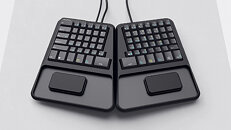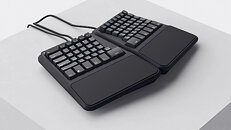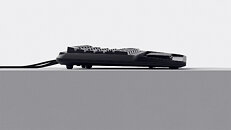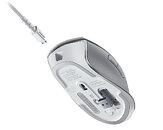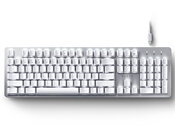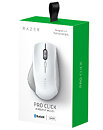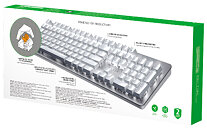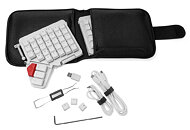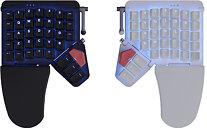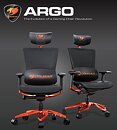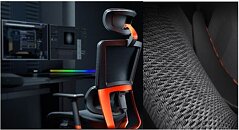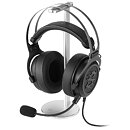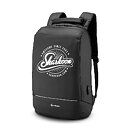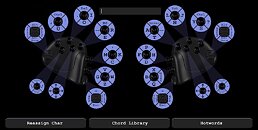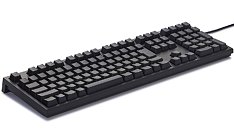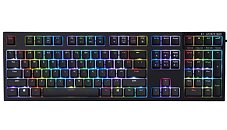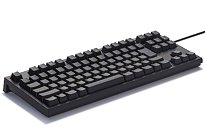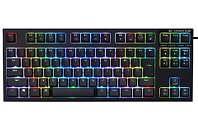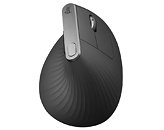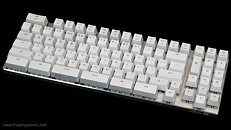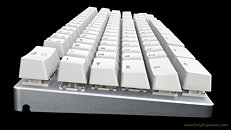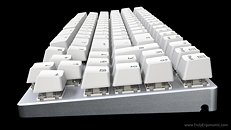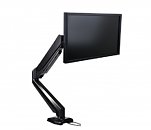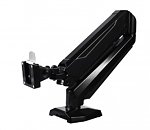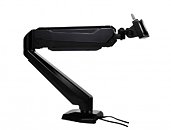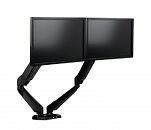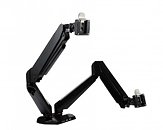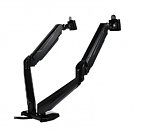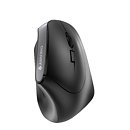Zergotech Introduces the Zergotech Freedom: Aussie-based Ergonomic Mechanical Keyboard
Well, introduces to yours truly at least! The Zergotech Freedom has officially been out since April 2020, but anything before March this year might as well be a parallel universe. The Sydney-based company has thus been also seeing a hard time getting the word out on their take on the ergonomic, split mechanical keyboard design. Developed in collaboration with another Sydney-based design company, Boost Design, the Zergotech Freedom has since won the Red Dot product design award and, as of the time of this post, the Australian Good Design award. These design awards specifically call out the two features that interested me as well, in the form of the patented sliding palm rests that ensure your palms are always supported when needed only, and the semi-orthogonal key layout that should theoretically lower the learning curve when going from a more-traditional staggered column setup to the parallel columnar setup usually employed in such keyboards.
The Zergotech Freedom otherwise ticks off just about every feature I expect to see from a split ergonomic keyboard in 2020, including the option of different tactile, clicky, and linear feedback mechanical switches from Kailh, multi-OS compatibility with a programmable interface to customize key mapping on the different layers of the keyboard, tilting and tenting of the keyboard halves for ergonomics, as well as the ability to go with blank keycaps out of the box if desired. What is different here, apart from those palm rests aforementioned, is the inclusion of O-rings to make the keyboard quieter, as well as the provision of a 75% keyboard for discrete key functionality. This means that the learning curve will be even lower, although the foot print occupied by the keyboard is higher than contemporary offerings. The Zergotech Freedom retails from $339 US, the pricing being another thing in common with other such keyboards, and one that I want to get my hands on to see if the pricing is justified.
The Zergotech Freedom otherwise ticks off just about every feature I expect to see from a split ergonomic keyboard in 2020, including the option of different tactile, clicky, and linear feedback mechanical switches from Kailh, multi-OS compatibility with a programmable interface to customize key mapping on the different layers of the keyboard, tilting and tenting of the keyboard halves for ergonomics, as well as the ability to go with blank keycaps out of the box if desired. What is different here, apart from those palm rests aforementioned, is the inclusion of O-rings to make the keyboard quieter, as well as the provision of a 75% keyboard for discrete key functionality. This means that the learning curve will be even lower, although the foot print occupied by the keyboard is higher than contemporary offerings. The Zergotech Freedom retails from $339 US, the pricing being another thing in common with other such keyboards, and one that I want to get my hands on to see if the pricing is justified.
